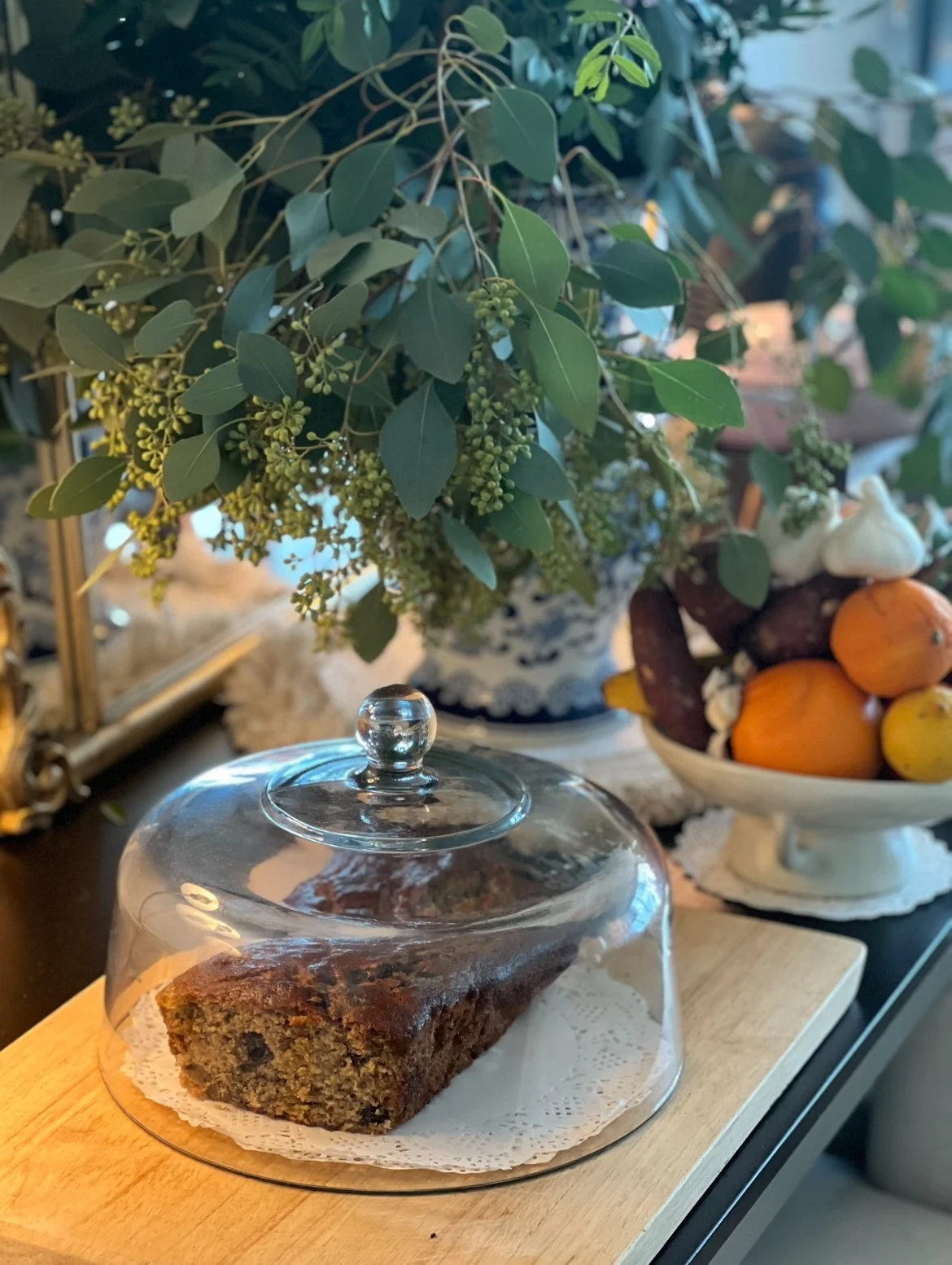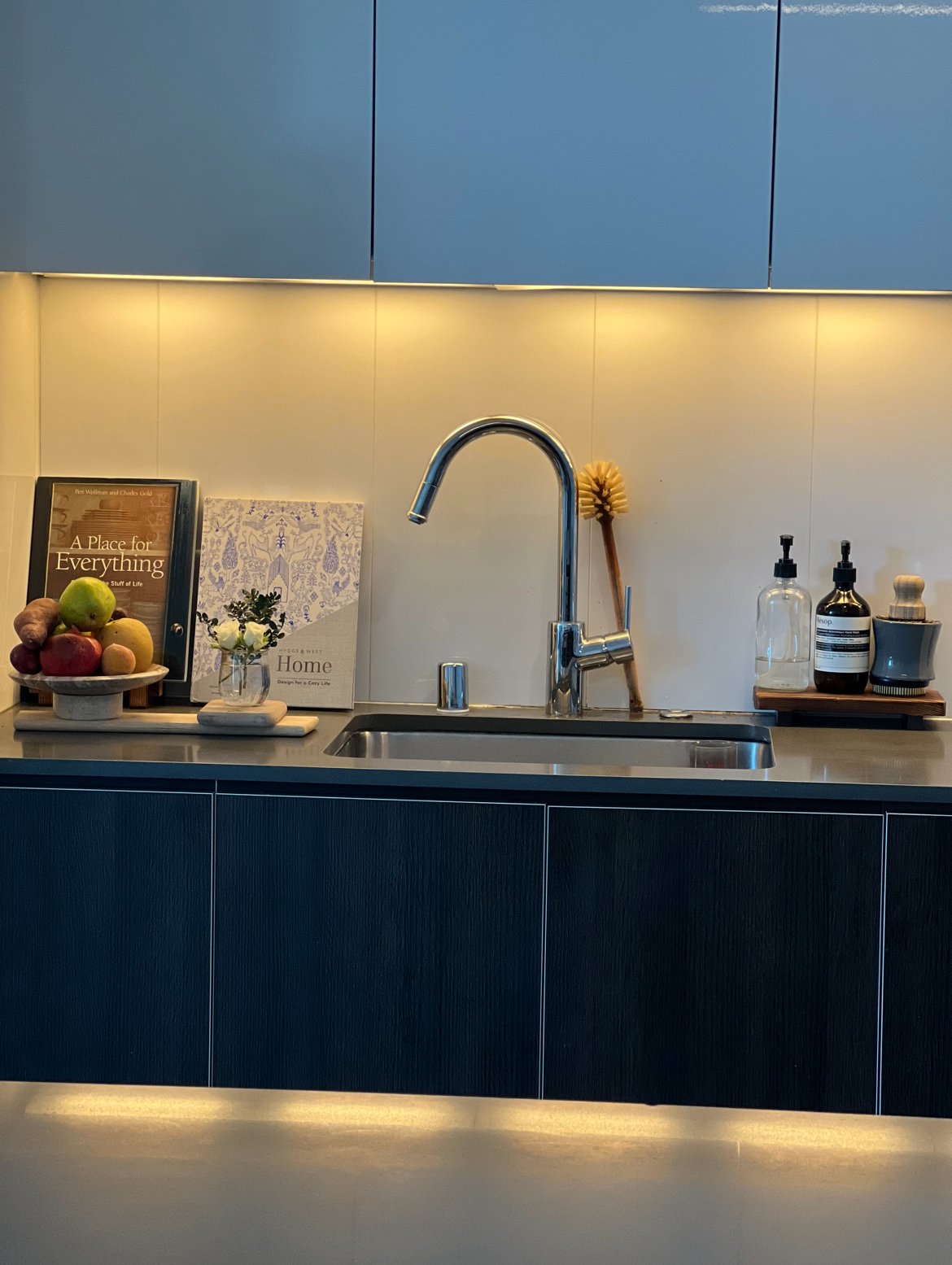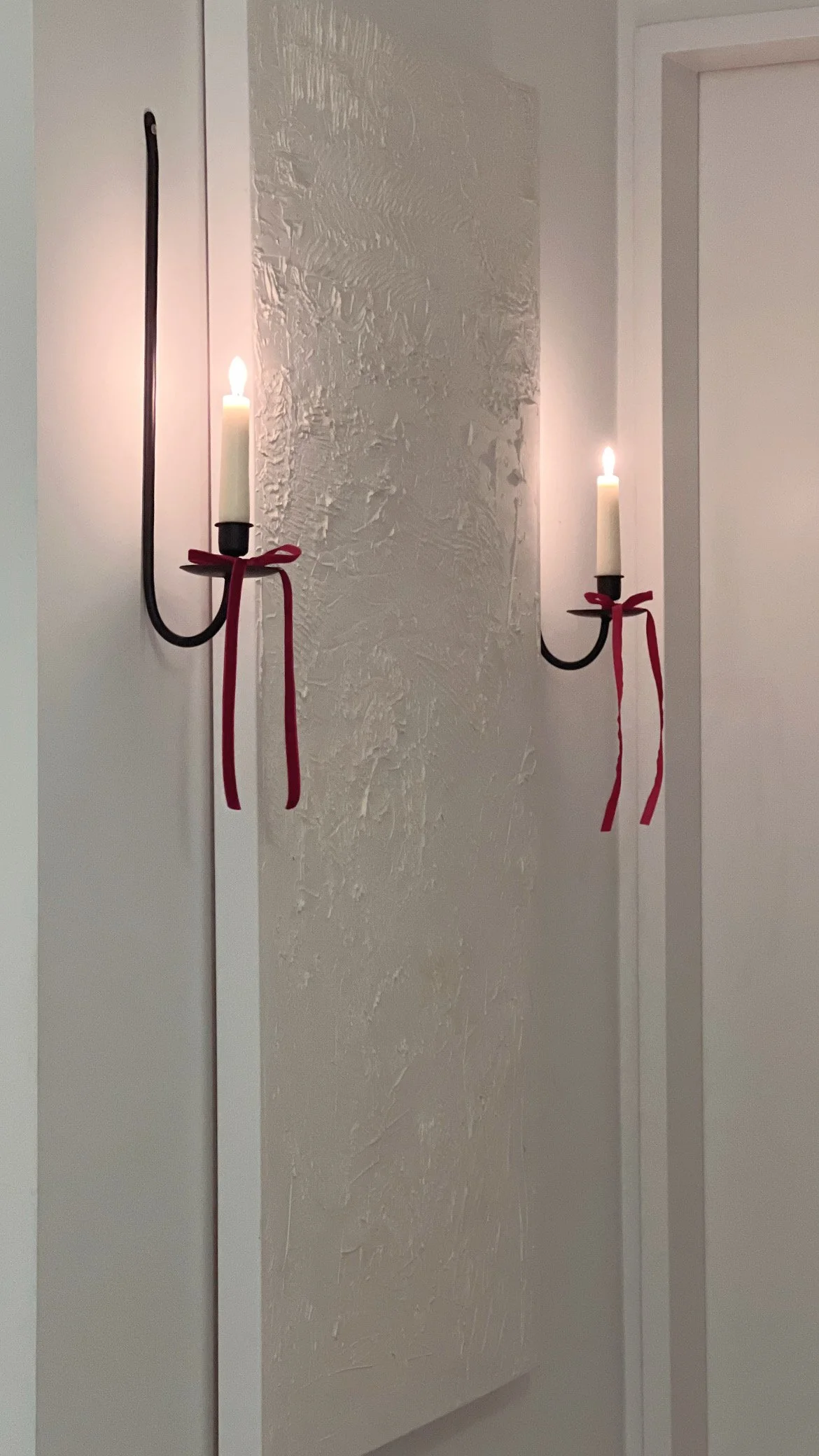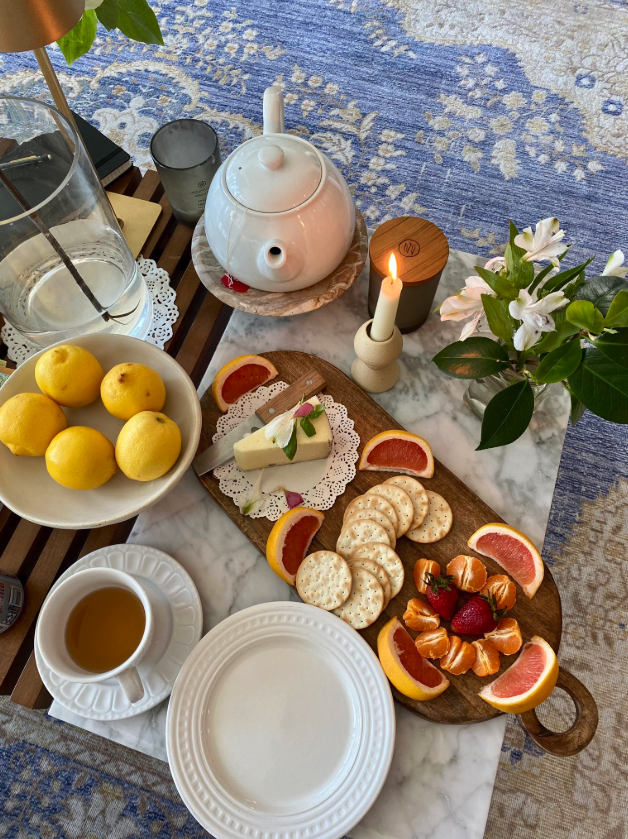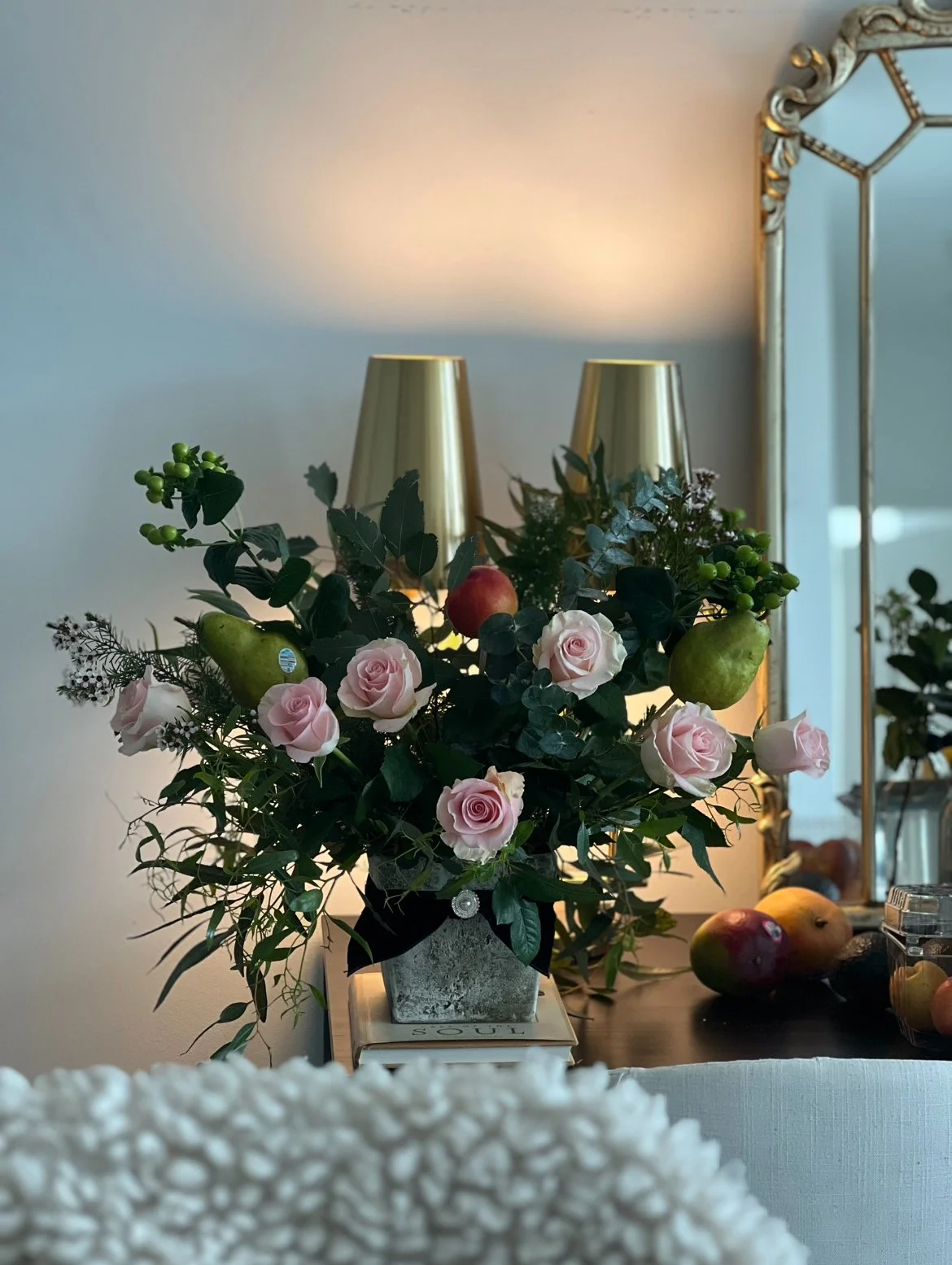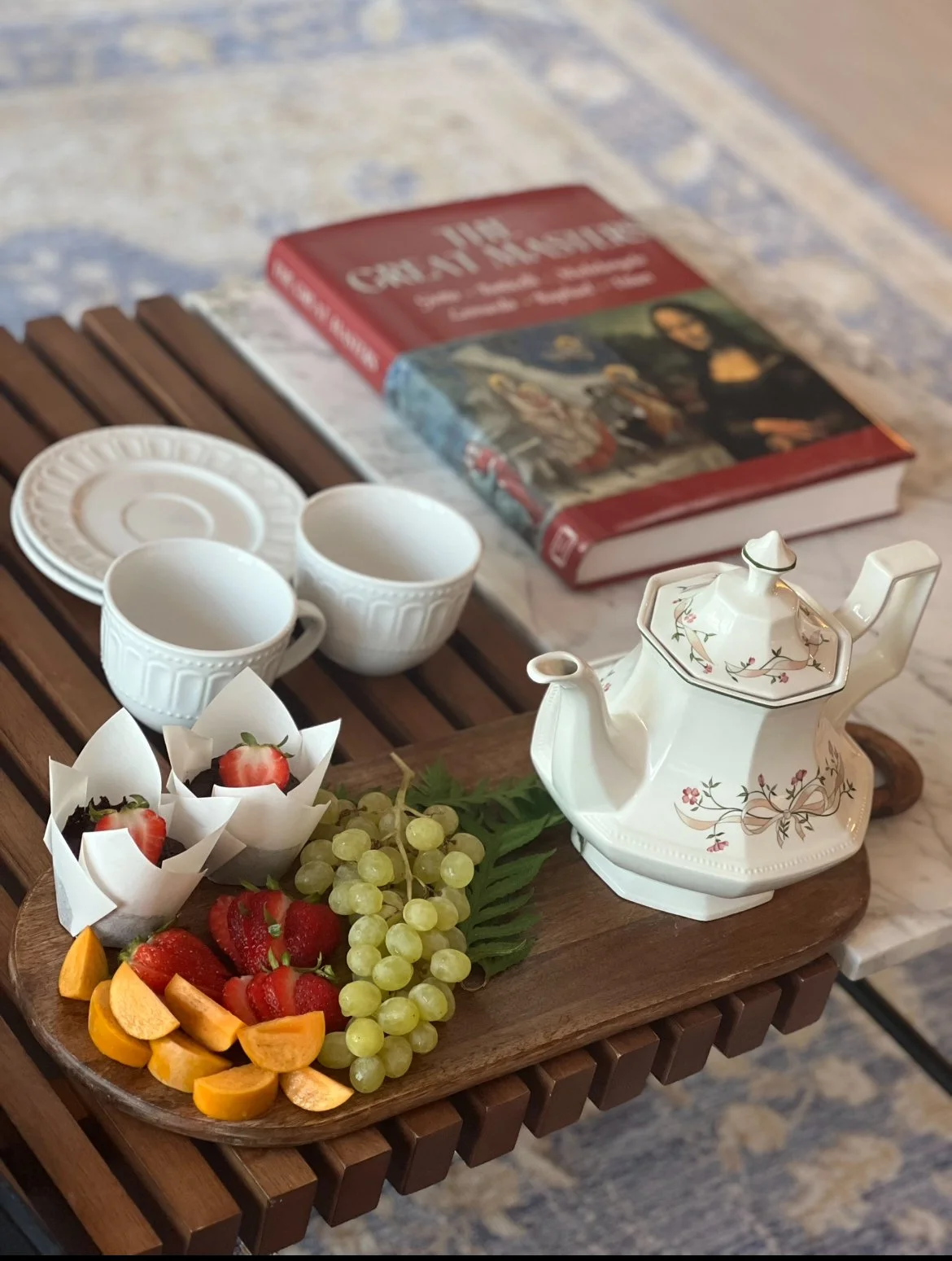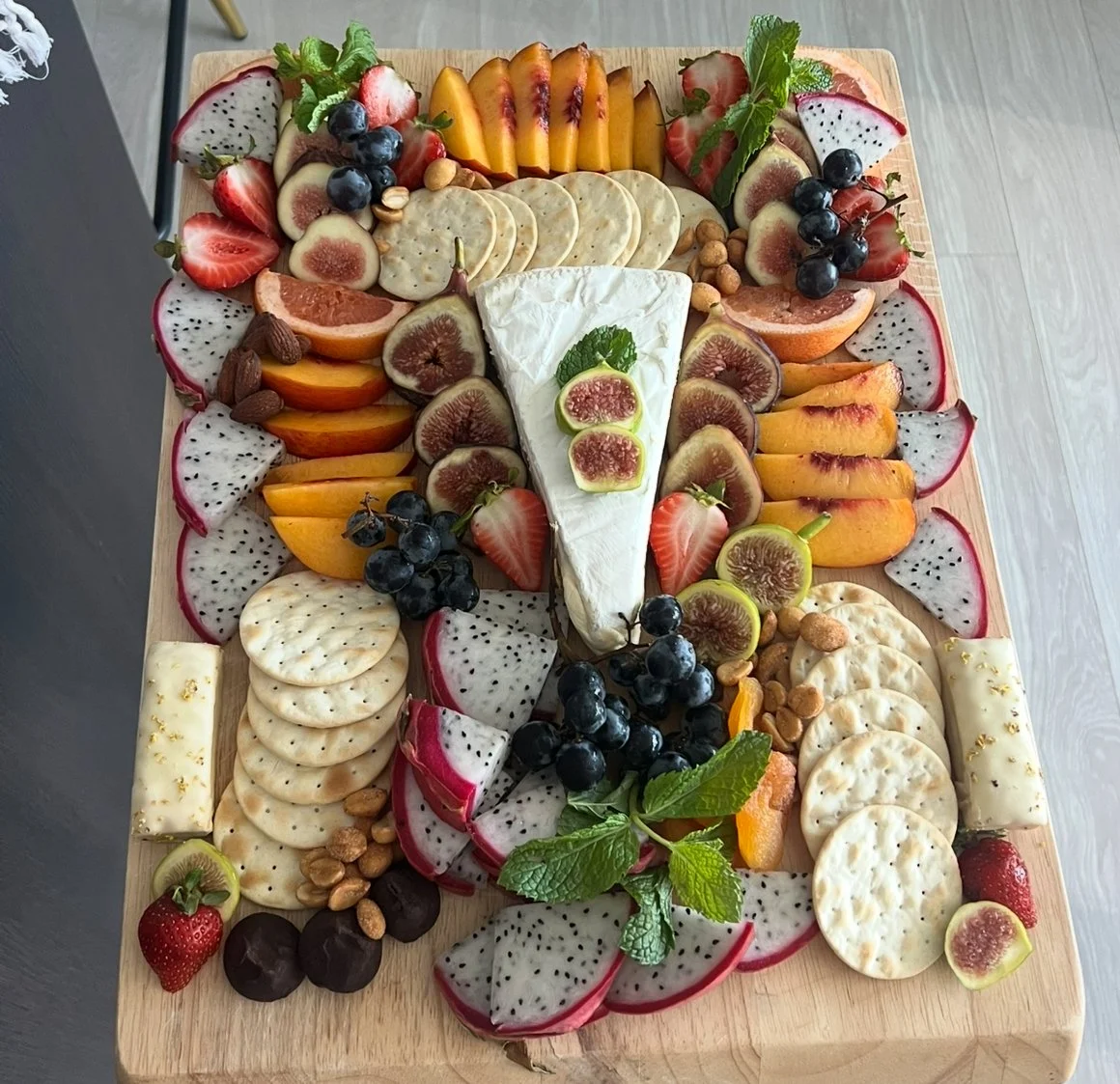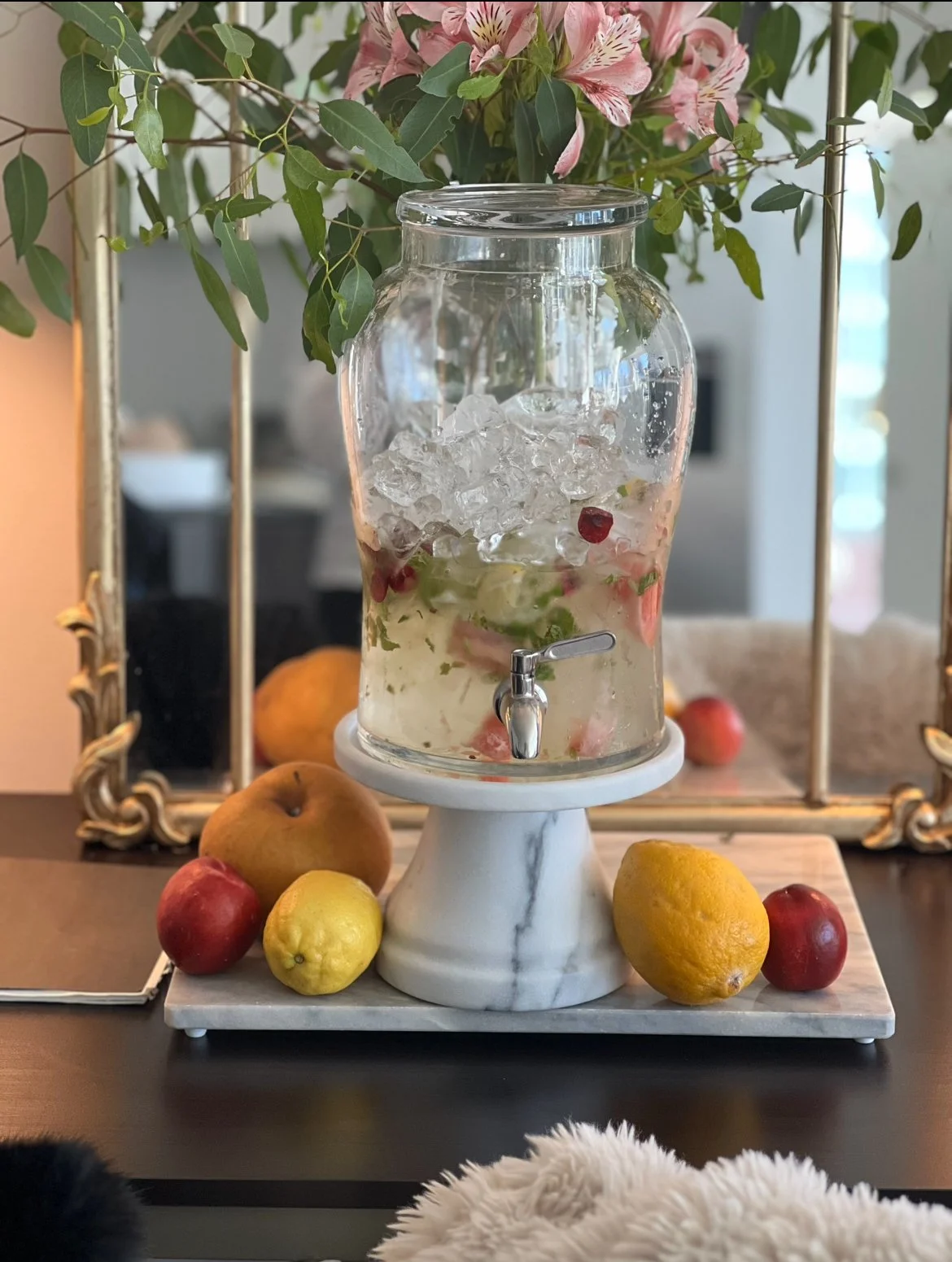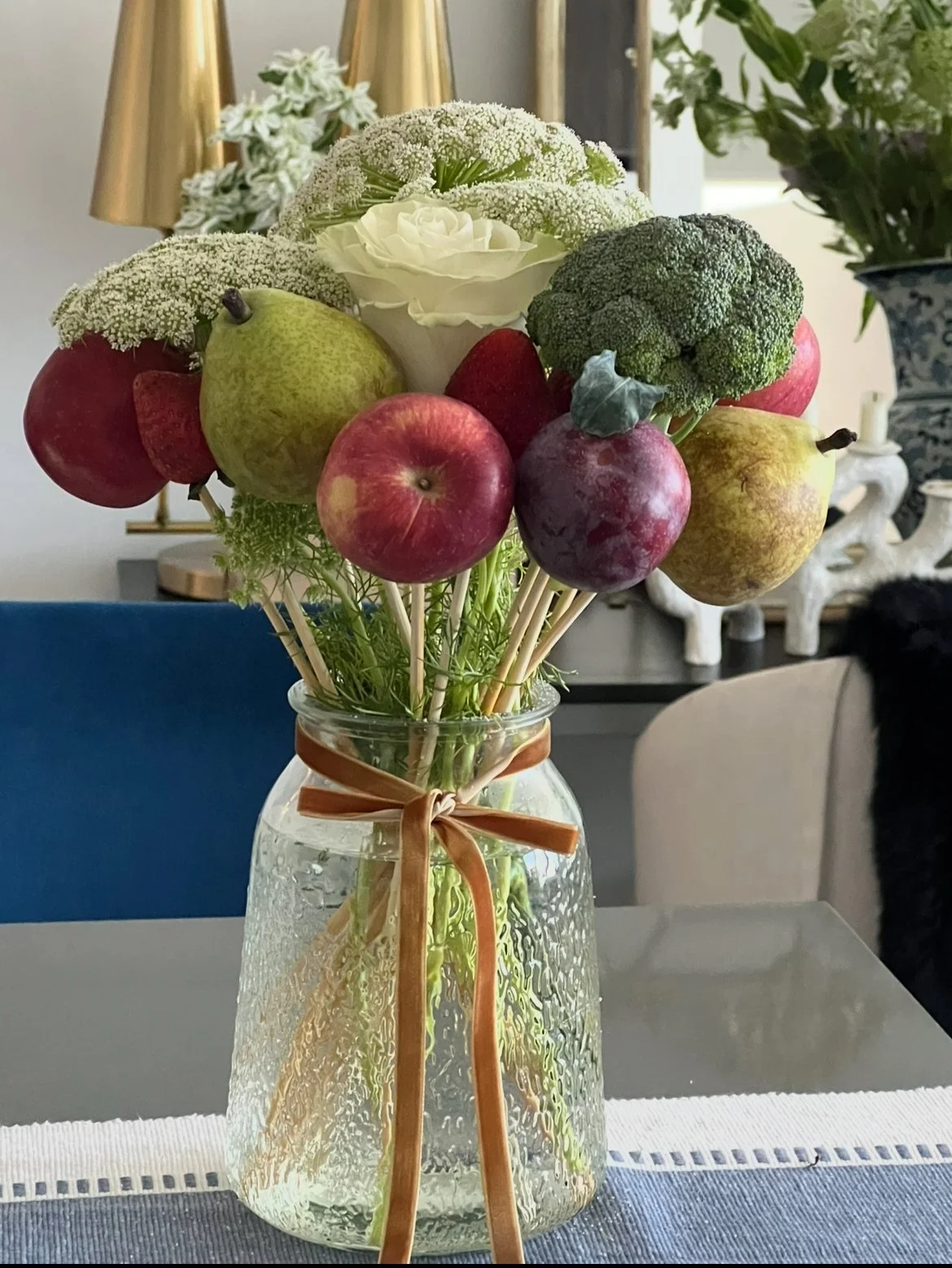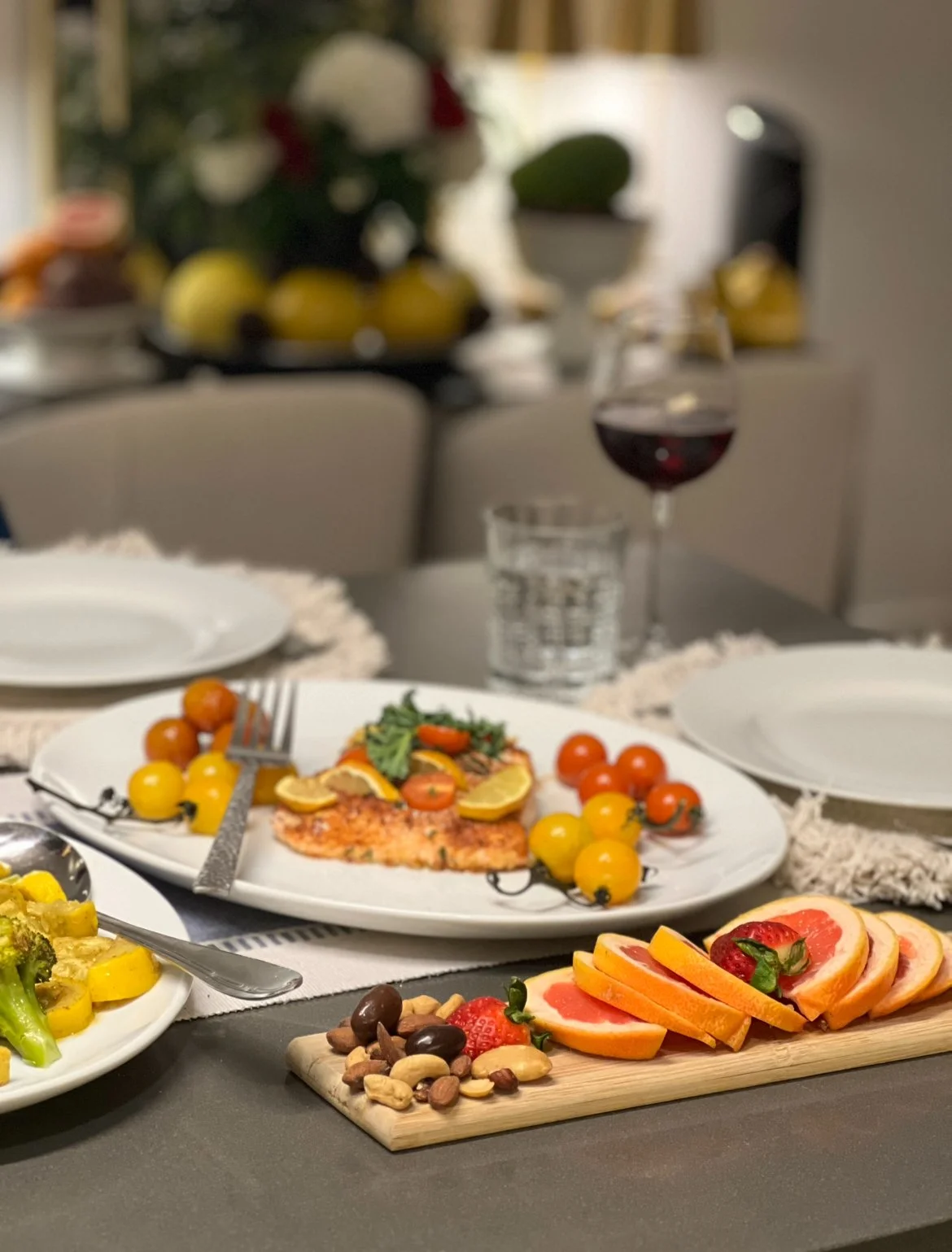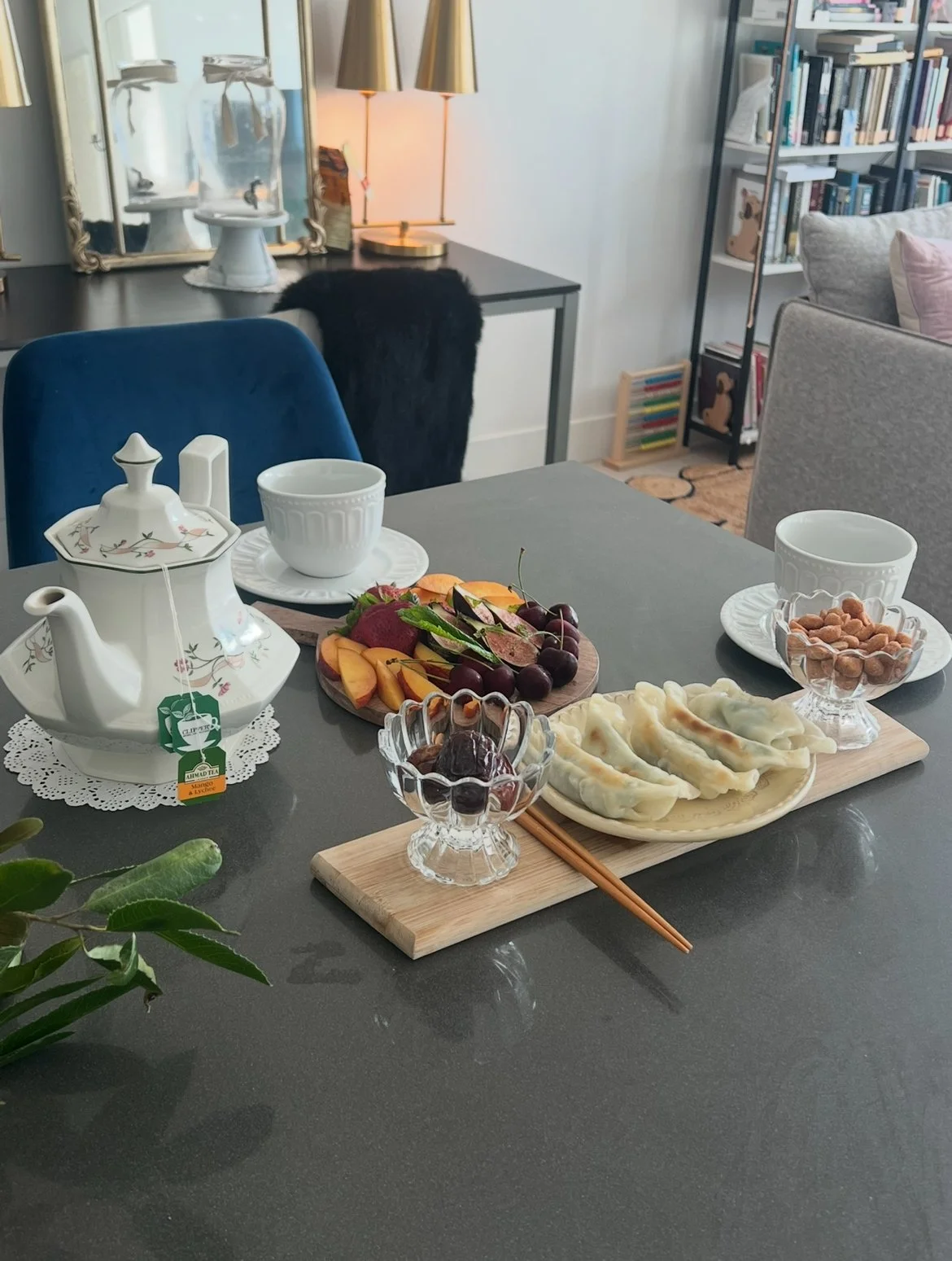“Every living thing spends a great deal of time and toil in maintaining its own life and the life of the systems it depends on. ”
“Works of art are expressly presented as objects of contemplation. They are framed on the wall, contained between the covers of a book, installed in a museum or reverently performed in a concert hall.”
“But the universal necessity of living, of drinking, of eating—in short, this whole scientific conviction that this necessity can only be satisfied by universal cooperation and the solidarity of interests—is, it seems to me, a strong enough idea to serve as a basis, so to speak, and a ‘spring of life’ for humanity in future centuries...”
Photo credit: Nicole S. <3
“This design approach is essentially about how we can address the ordinary things we do every day, and give these things a special feeling.”
“The contemplation of this image of the order of the world constitutes a certain contact with the beauty of the world. The beauty of the world is the order of the world that is loved.”
“One’s life has value so long as one attributes value to the life of others, by means of love, friendship, indignation, compassion.”
“The problem with the designs of most engineers is that they are too logical. We have to accept human behavior the way it is, not the way we would wish it to be.”
“Physical work is a specific contact with the beauty of the world, and can even be, in its best moments, a contact so full that no equivalent can be found elsewhere. ”
“To all who are passionately dedicated
to the search for new ‘epiphanies’ of beauty
so that through their creative work as artists
they may offer these as gifts to the world”
“A good book, like a good house, is an orderly arrangement of parts. Each major part has a certain amount of independence. As we will see, it may have an interior structure of its own, and it may decorated in a different way from other parts. But it must also be connected with the other parts—that is, related to them functionally—for otherwise it would not contribute its share to the intelligibility of the whole. ”
“Every time you make a choice you are turning the central part of you, the part of you that chooses, into something a little different than it was before. And taking your life as a whole, with all your innumerable choices, all your life long you are slowly turning this central thing into a heavenly creature or a hellish creature...”
“and I think of each life as a flower, as
common
as a field daisy, and as singular.”
“Nothing is built on stone; all is built on sand, but we must build as if the sand were stone.”
“Forbid that I should walk through your beautiful world with unseeing eyes.”
“...art requires making choices at every scale; the countless small-scale choices made during implementation are just as important to the final product as the few large-scale choices made during the conception. It is a mistake to equate ‘large-scale’ with ‘important’ when it comes to the choices made when creating art; the interrelationship between the large scale and the small scale is where the artistry lies.”
“The link between good and beautiful stirs fruitful reflection. In a certain sense, beauty is the visible form of the good, just as the good is the metaphysical condition of beauty. This was well understood by the Greeks who, by fusing the two concepts, coined a term which embraces both: kalokagathía, or beauty-goodness. On this point Plato writes: ‘The power of the Good has taken refuge in the nature of the Beautiful’.”
“When to doubt, when to examine the basics, when to think for yourself, and when to go on and accept things as they are, is a matter of style, and I can give no simple formula on how to decide. You must learn from your own study of life.”
